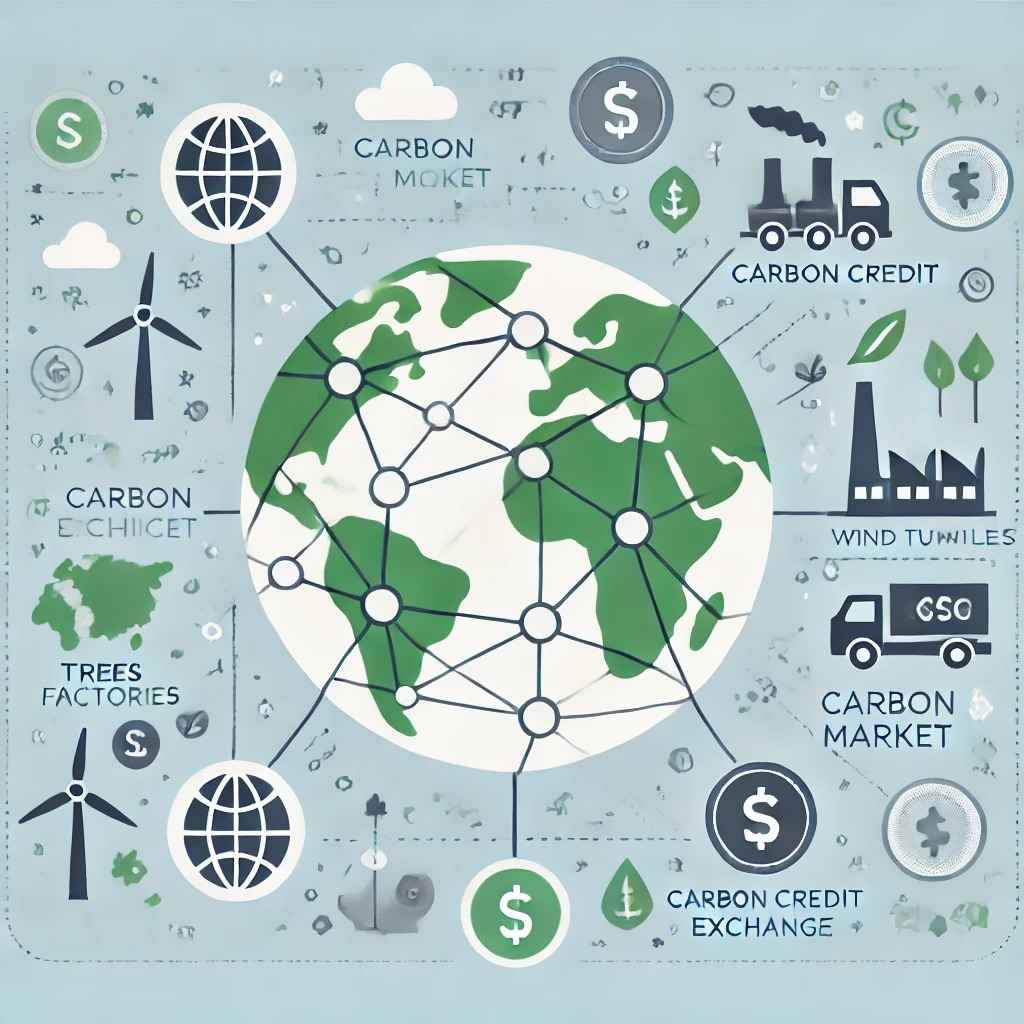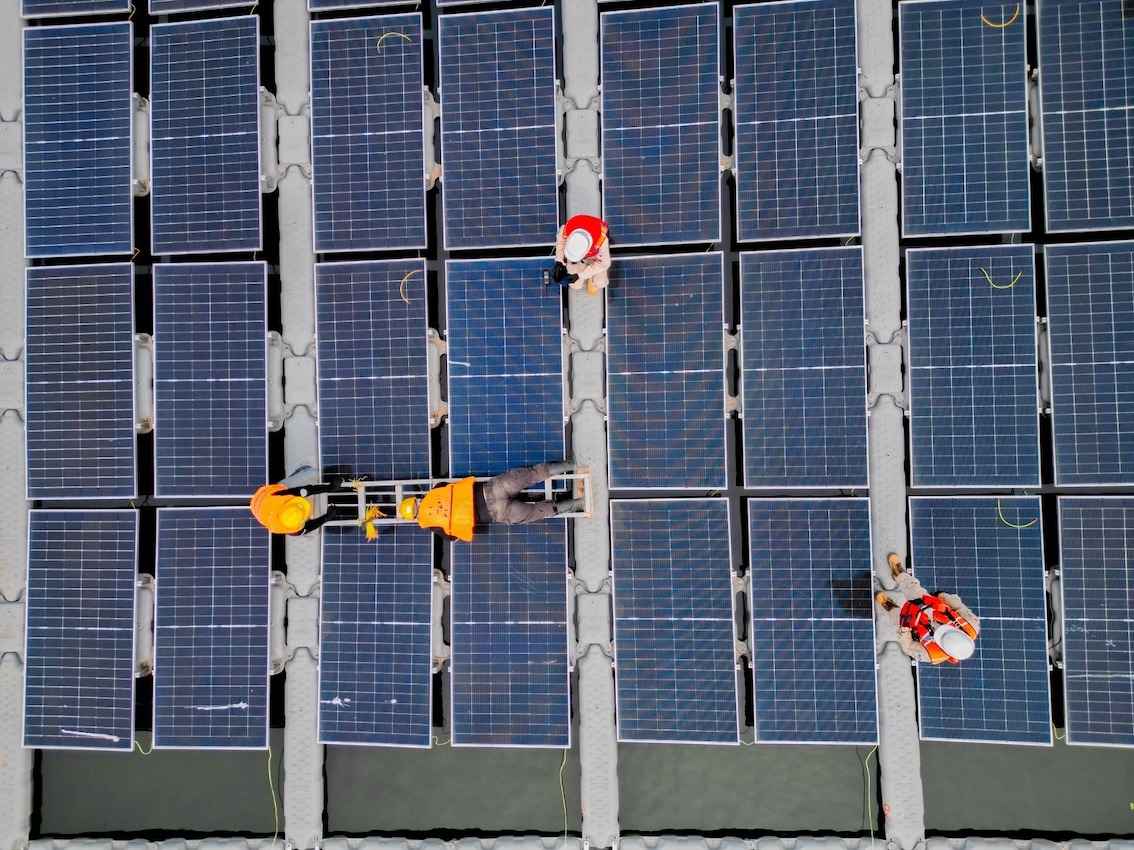Enviro News Asia, Bonn — In a significant step for global climate governance, the Article 6.4 Supervisory Body under the United Nations Framework Convention on Climate Change (UNFCCC) has approved a new set of rules to manage emission reversal risks. The decision is widely welcomed as a strategic move to enhance the integrity and reliability of the international carbon market mechanism under the Paris Agreement.
The new regulations aim to ensure that achieved greenhouse gas emission reductions from mitigation projects are not re-released into the atmosphere—whether due to technical failures, natural disasters, or management negligence.
In the document adopted on October 10, 2025, in Bonn, Germany, the Supervisory Body established comprehensive technical guidelines covering monitoring periods, the definition of negligible risk, and remediation as well as insurance mechanisms for projects experiencing emission leakage.
Additionally, the body introduced the Common Practice Analysis Tool, an analytical framework designed to ensure that carbon credits are issued only to projects that deliver genuine additional emission reductions—beyond common practices already implemented in a given region.
This measure is expected to enhance transparency, accountability, and investor confidence in the rapidly growing global carbon trading system.
Experts hailed the policy as a major milestone in ensuring that the carbon market remains a credible and sustainable instrument for climate mitigation.
“This decision shows that the world can no longer treat carbon markets as unregulated instruments. If carbon credits are to be real assets in mitigation, then emission reversal rules are an absolute necessity,” said Dr. Helena Márquez, an independent climate policy analyst from Spain.
“Long-term monitoring and insurance guarantees are key for investors and countries to truly rely on emission reduction projects. Without them, we risk losing the progress already made,” added Ambassador Jonas Richter, a European Union delegate to the UNFCCC conference.
Meanwhile, the UNFCCC Secretariat reaffirmed that integrity, transparency, and accountability remain the cornerstones for carbon market mechanisms to effectively support the Paris Agreement’s goal of limiting global temperature rise to below 1.5°C. (*)
















